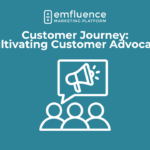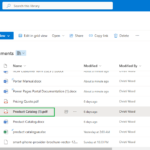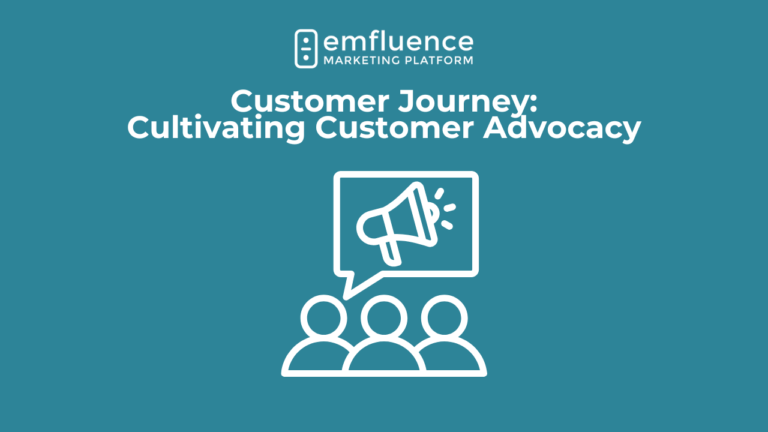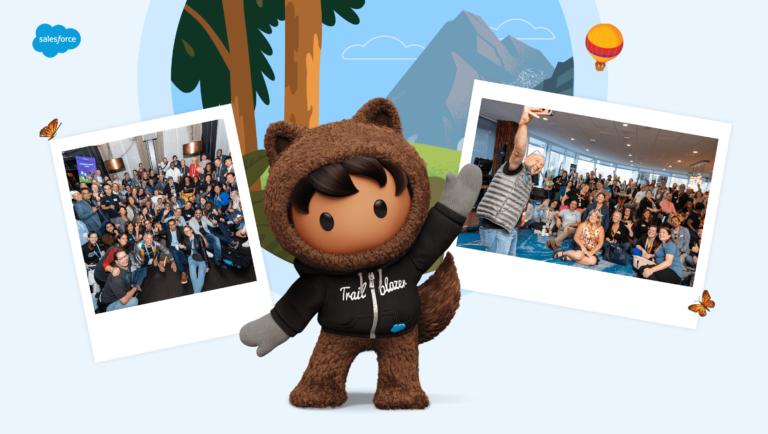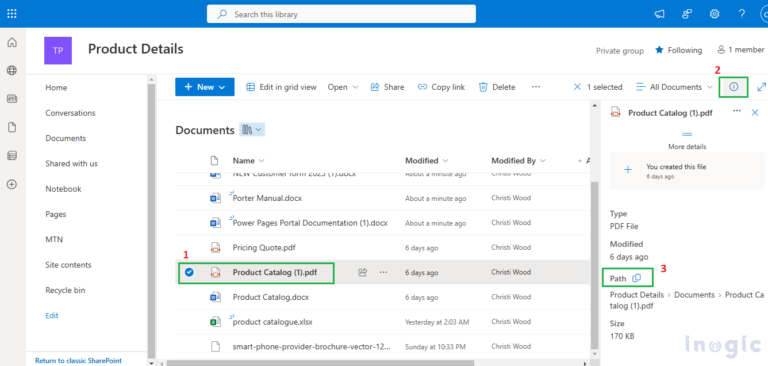In the present fast-evolving business landscape, one thing remains uninterrupted, and that is the importance of customers. Every business/company is aware that the key to sustained growth, an irrefutable market presence, and productivity is nurturing robust and lasting customer relationships.
What is Customer Relationship Management (CRM)?
CRM is a technology that helps manage a company’s relationships and connections with customers. The end goal is simple: Improve business relationships to grow your business. A CRM system assists companies in staying connected with the customers, improves productivity, and streamlines all processes.
When people refer to CRM, they usually mention a CRM system or a custom software development solution, a tool that assists with sales management, contact management, agent productivity, and more. CRM tools can be utilized to manage customer relationships throughout the entire customer lifecycle, spanning sales, customer service interactions, marketing, and digital commerce.
A CRM solution helps keep the focus on the organization’s relationships with individual people, including service users, suppliers, customers, and colleagues throughout your lifecycle with them, including looking for new customers, providing support, winning their business, and additional services throughout the whole relationship.
Benefits of Customer Relationship Management in Building Lasting Customer Relationships
Customer satisfaction rates are not limited to the customer service that is provided but rather the quality of daily engagement with the customers.
A CRM system can provide benefits to businesses by aiding in centralizing, optimizing, and making communications smooth with customers and becoming better in these areas.
Improved Knowledge of Your Customers
One of the complex challenges of building long-term relationships with customers is accumulating the right data and forming a holistic view of the customer. CRM is known for one thing only: it is a 360-degree holistic view of each and every customer. CRM proves to be a super powerful communication tool.
According to Adamenfroy, CRM is effective enough to track customer interaction, and it is the reason why 72% of companies begin using a CRM, which then doesn’t come as a surprise.
A CRM system provides marketing, sales, and customer service teams with a competitive edge, a cheat sheet offering easy access to crucial information.
A CRM system also allows the team to see the contact’s following details:
- Full name
- Email address
- Telephone number
- Website
- Social media accounts
- Job title
- Relationship to other contacts in your database
- Language skills & preferences
- Birthday
With all this information at your fingertips, customizing your communication with contacts becomes easy. Secondly, with CRM in place, you can easily save all the activities, sales, live chat messages, projects, invoices, email exchanges, orders, or customer service requests related to the contacts. Simply, a CRM system allows you to know your customers better and their needs.
Don’t forget to check out: Scaling up Sales Team: How Salesforce Sales Cloud Implementation Can Help Small Businesses
Improved Segmentation
Nobody desires to do business with a featureless crowd. Everyone desires to deal with a perfect audience.
But how?
This can be accomplished by dividing contacts (prospects or customers) into target audiences. Also, there is barely anything else out there that does segmentation better than a CRM.
CRM allows the itemization of data by groupings and criteria, making it easy to generate focused lists. Apt in marketing and sales, such sectioned lists run specific customer marketing and account-based marketing campaigns while analyzing the business sales process and lead pool.
When you are aware of whom you are lecturing, you can deliberately personalize your offer, your strategies, and even your business sales pitch.
Simply, a good CRM system helps in knowing better about who really is interested in what a business is offering, who is still on the boundary, and who’s frigid.
Better Customer Support
Apart from being a great strength in defining and promoting potential and new customers, CRM also works as a great tool for keeping the prevailing customers happy. The CRM system comes with a handful of ‘customer support’ advantages by helping to assure and encourage regarding the appointments or the time to send follow-up emails.
CRM promotes reaching out to those customers who have not been communicated with in a while and perhaps feel abandoned. After all, keeping prevailing customers is 6 to 7 times cheaper than getting a new one, according to Fredrick Reichheld of Brain & Company.
To ensure the customers’ interest, a CRM system can also aid in composing your B2B marketing tactics, free trial offers, shared email campaigns, or post-purchase customer surveys.
Improved Expectation of Needs
Feeling more confident is natural when you are aware of what to expect, right? The same applies to business. It’s easier to upsell or cross-sell a customer when you have been tracking their buying practices.
One of the key benefits of having a CRM system is to assist salespeople in selling more and faster, and the access to customer interaction history via the entire customer journey allows sales reps to expect predicted requirements.
If you are aware of the contact’s purchase history, what they bought and when, what they were offered, the buying habits that they demonstrated, and even how they became your customer, you can be proactive and come up with new or better offers at the correct time.
A CRM system is also essential in offering great customer service, and access to the interaction history makes offering timely customer service easier.
Enhanced and Faster Communication
Not letting the customers wait by rapidly replying to their requests is an indication of professionalism. Saving the business and customers’ time is the CRM system that offers a set of tailored, easy-to-use email templates, documents, quotes, letters, proposals, newsletters, and invitations.
Also, CRM systems help with drafting SMS and emails besides scheduling their notices weeks or months in advance. And when customer service requests are considered, speed is critical. Actually, the number one reason for companies to invest in CRM is to advance customer service. There is a huge amount of collected data and value required to include.
Holding all contact communication history in place, CRM allows you to customize your communication, send replies offering quick solutions to recurrent problems, and share links to videos and FAQs, not to mention that phone calls can be made directly from the system.
Better Safety of Data Privacy
The ‘buzzword’ of General Data Protection Regulation (GDPR) for the past few years. It’s extremely crucial to have CRM software that has in-built GDPR-related functionality that helps them meet the privacy requirements of the new regulations.
The key advantage of CRM here is that it saves enough time and effort. Also, being GDPR accommodating is a job in itself, apart from declaring all the hostile legal significances if the privacy laws are disturbed.
![]() Check out another amazing blog here: Maximizing Efficiency: Exploring Related Lists with PWR Components
Check out another amazing blog here: Maximizing Efficiency: Exploring Related Lists with PWR Components
Enhanced Collaboration within the Organization
A good CRM does not merely provide benefits to the way to manage customer relationships but also enhances cooperation within the organization.
How?
By improving the way you and your team collaborate with each other. Cloud-based CRMs make it easier for all employees to look for communication and collaboration between the company and customers. This visibility means that employees gain a mutual appreciation of how to grant themselves and the company future tips.
When employees are allowed to engage with each other, besides stating or sharing each other assignments and planning internal meetings in one interrelated system, it has never been easier to improve internal collaboration, which fundamentally means more efficiency.
To conclude, building and maintaining robust customer relationships is necessary for businesses to boost and progress in a present competitive market. Custom Software Development Dallas also provides nurturing long-lasting customer relationships that help businesses maximize revenue via repeat business and upselling, diminish customer acquisition costs, and refine combat market challenges.


